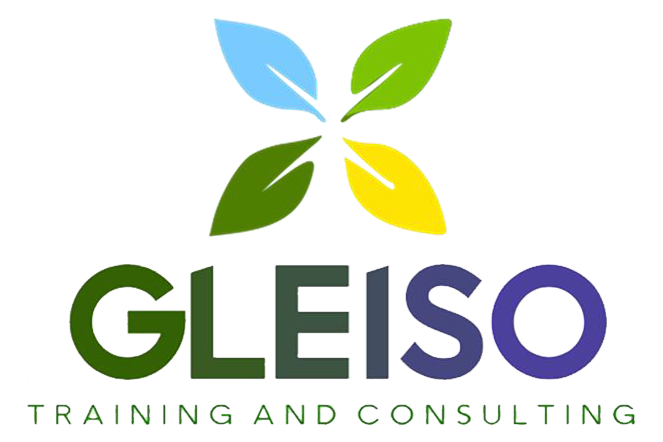1. Training Objectives
This training aims to:
- Provide fundamental knowledge on food safety and hygiene based on international standards and best practices.
- Teach practical applications of food safety principles in food preparation, storage, and service.
- Explain the HACCP and ISO 22000 Food Safety Management Systems and their implementation.
- Equip participants with essential and advanced food safety knowledge for career development.
2. Target Audience
This training is designed for:
- Professionals in the food industry (catering, food production, supply chain, hospitality).
- Individuals looking to build a career in food safety and hygiene.
- Personnel with 2+ years of experience in the food industry (LEVEL 2).
- Supervisors, managers, and senior staff with 3+ years of experience (LEVEL 3).
3. Training Levels & Duration:
Food Safety LEVEL 2 – 1 day (8 hours)
Food Safety LEVEL 3 – 3 days (24 hours)
4. Training Requirements:
LEVEL 2 – For food workers with up to 2 years of experience (chefs, kitchen assistants, salad makers, pastry chefs, warehouse staff, waiters, cleaners, and service staff).
LEVEL 3 – For supervisors, managers, and senior staff with 3+ years of experience (head chefs, camp bosses, food safety officers).
Training Modules:
LEVEL 2 (Basic)
1. Introduction to Food Safety
- Key terms and concepts in food safety.
- Impact of poor food safety standards.
- Risks of foodborne illnesses and prevention methods.
2. Food Safety Hazards
- Identifying different types of food hazards.
- Bacterial contamination and prevention methods.
- Symptoms of foodborne illnesses and response strategies.
3. Best Practices in Food Safety
- Personal hygiene and its impact on food safety.
- Temperature control in food preparation and storage.
- Preventing cross-contamination and foodborne risks.
LEVEL 3 (Advanced)
1. Introduction to Food Safety
- Consequences of poor food safety standards.
- Identifying high-risk groups for foodborne illnesses.
- Legal requirements for food safety and the role of supervisors.
2. Food Safety Hazards
- Identifying and preventing various food hazards.
- Application of HACCP principles and risk analysis.
- Physical and chemical contamination control measures.
3. Best Practices in Food Safety
- Importance of temperature control in food preparation and storage.
- Workplace hygiene, cleaning, and pest control methods.
- Role of facility design in maintaining food safety standards.
4. Food Safety Management System (HACCP)
- Principles and objectives of HACCP.
- Legal requirements for HACCP-based food safety management.
Implementation, monitoring, and documentation of HACCP.
Benefits of the Training:
- Participants will gain hands-on experience in safe food production.
- Learn about food safety laws, regulations, and best practices.
- Understand how to implement HACCP and ISO 22000 food safety systems.
- Ensure safe handling, preparation, and storage of food.
Trainer / Expert:
- Instructor with 20+ years of experience in food safety management.
- Experience in international hotel and restaurant chains as Food Safety Manager & HSE Manager.
- Holds international certifications and diplomas in food safety, health, and occupational safety.
Training Language Options:
Azerbaijani, English, and Russian.
Additional Course Details:
At the end of the course, participants will be assessed and awarded a Certificate upon successful completion.
